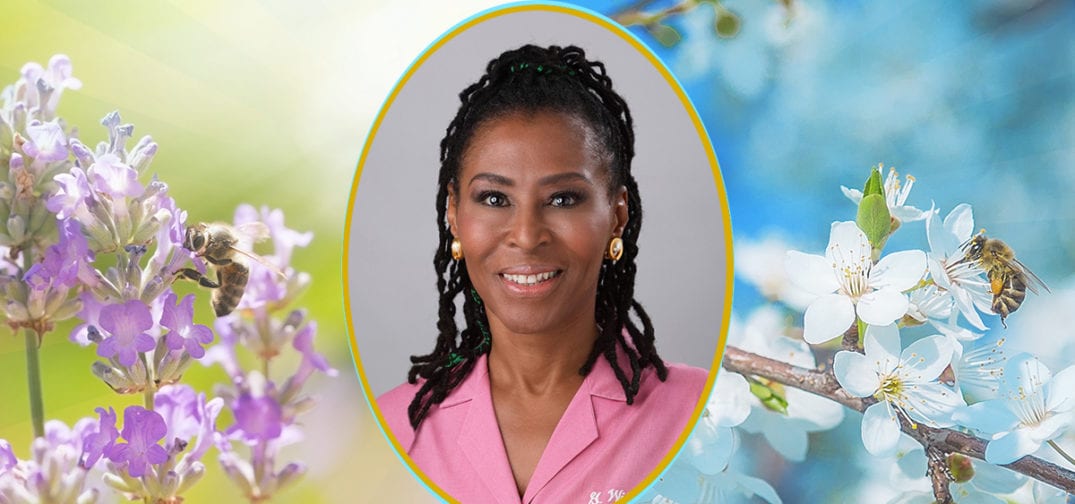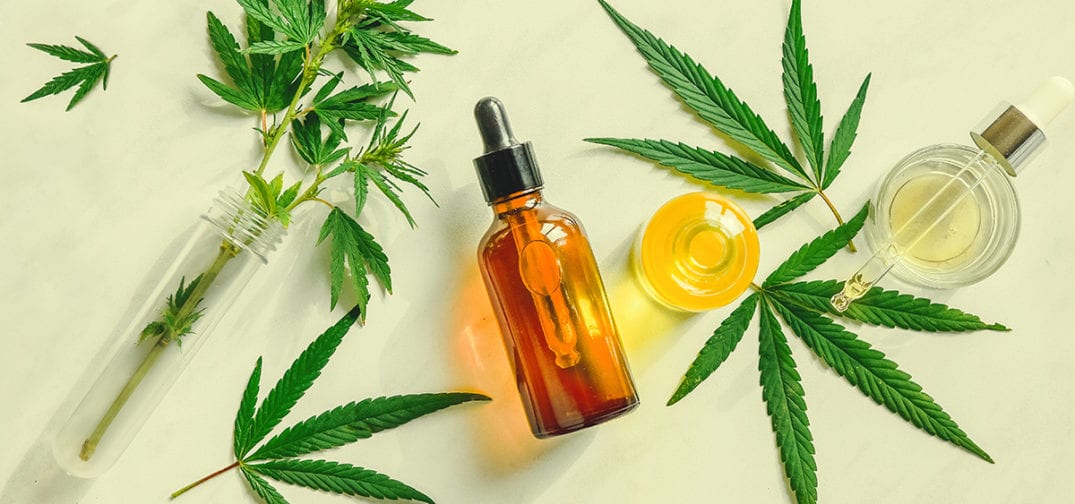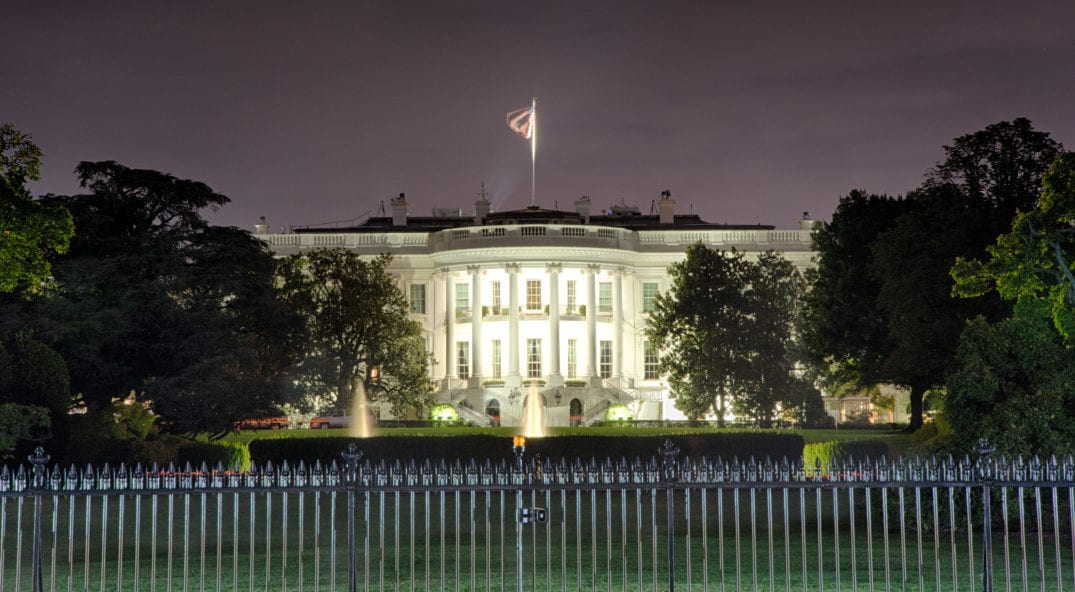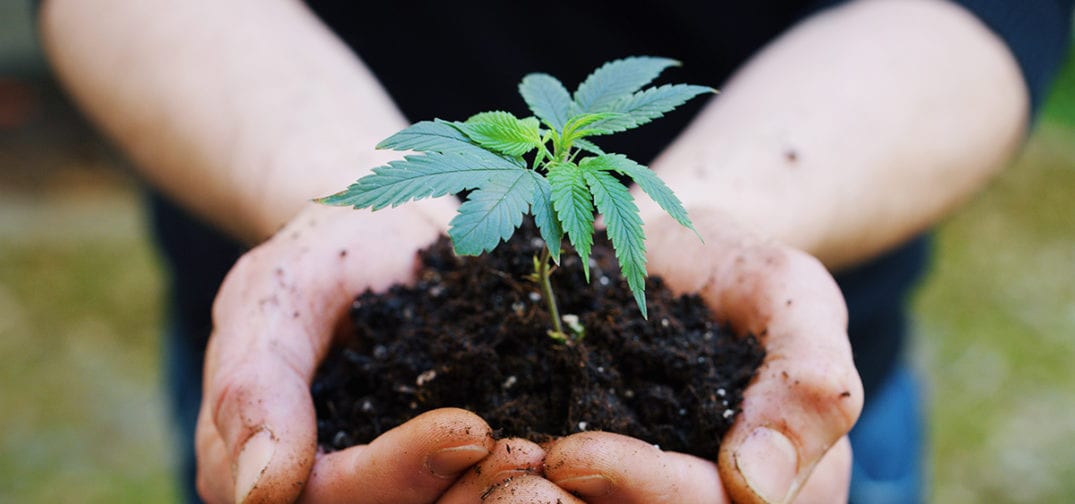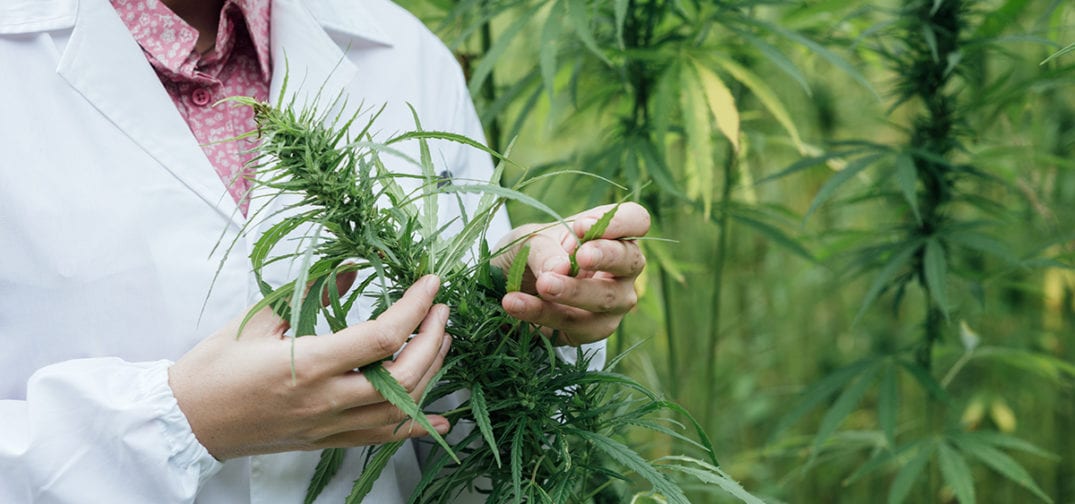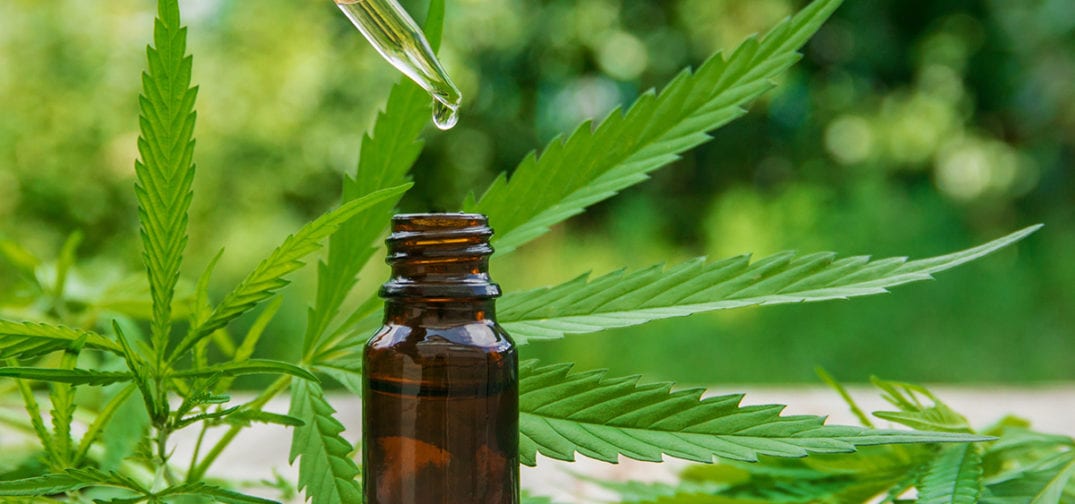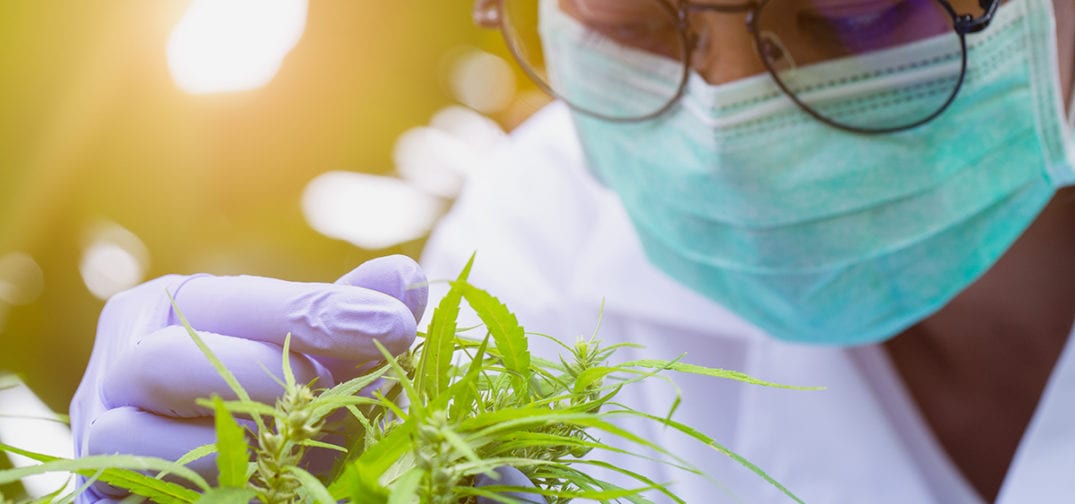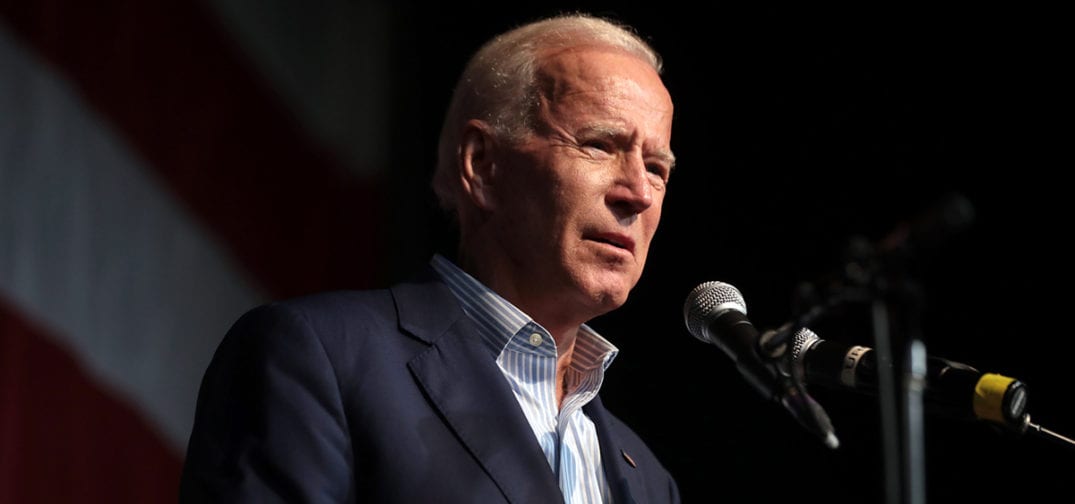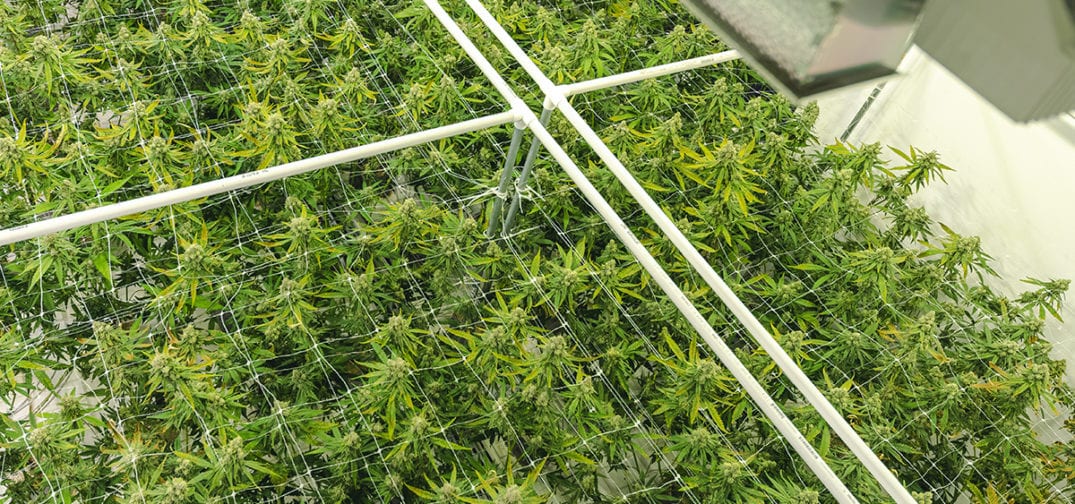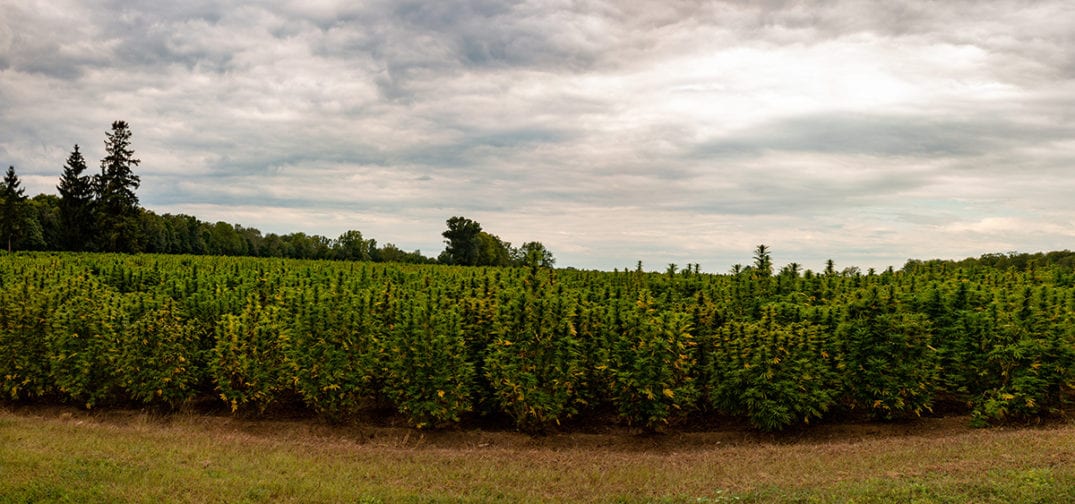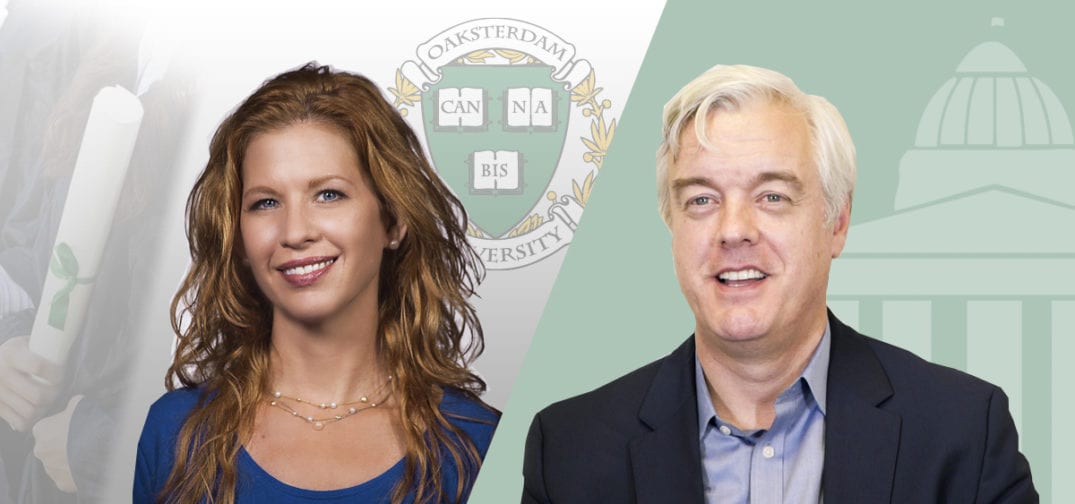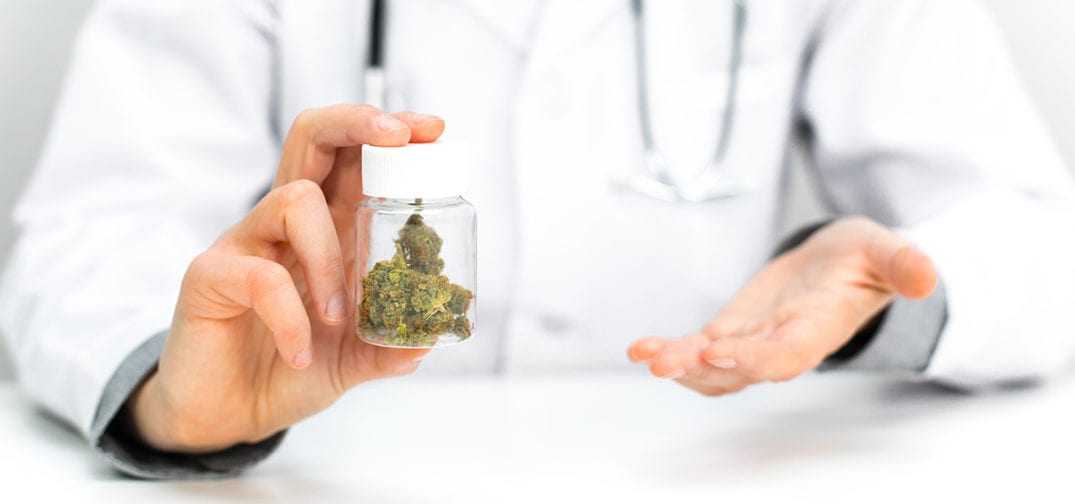Our latest featured Q&A dives into Dr. Wilson-King’s cannabis and sexual health study. In the following interview, we learn about the ongoing survey’s importance, the cannabis and sexual health research that her study aims to build upon, and more.
Check out the full interview below! Also, if you are interested and have a few minutes to spare, you can take the survey for yourself here: http://bit.ly/MJSurvey.
Ganjapreneur: When did the idea for the study on cannabis and sexual health first come about? Why focus on sexual health?
Dr. Genester Wilson-King: In late 2018, I was approached by Dr. Michael Eisenberg, the head of the Department of Urology at Stanford Medical School. Dr. Eisenberg had published two studies involving surveys. The first was titled “Association Between Marijuana Use and Sexual Frequency in the United States: A Population-Based Study” and published in 2017. He and his co-authors analyzed data from cycle 6 (2002), cycle 7 (2006-2010), and continuous survey (2011-2015) administrations of the National Survey of Family Growth, a nationally representative cross-sectional survey. The study concluded there was a positive association between marijuana use and sexual frequency in men and women across all demographic groups. Although reassuring, the effects of marijuana use on sexual function warrant further study.
The 2018 study by Dr. Eisenberg, “Association between use of marijuana and time to pregnancy in men and women: findings from the National Survey of Family Growth” is a retrospective review of cross-sectional survey data from male and female respondents aged 15–44 years who participated in the first study with the National Survey of Family Growth. A total of 758 male and 1,076 female participants responded that they were actively trying to conceive. Overall, 16.5% of men reported using any cannabis while attempting to conceive, versus 11.5% of women. The time ratio to pregnancy for non-users versus daily users of cannabis in men was 1.08 (95% confidence interval 0.79–1.47) and in women 0.92 (0.43–1.95), demonstrating there was no statistically significant impact of cannabis use on time to pregnancy. This study suggests that neither marijuana use nor the frequency of marijuana use was associated with changes with time to pregnancy for men and women.
We decided that the next step was to delve into more specific information about the types of cannabis chemovar, the frequency, the route of administration, AND to incorporate a known used tool to screen for sexual dysfunction in men and women and see if there are any associations to be made. It took us about 6-8 months to get it all together.
So why did we focus on sexual health? There is a lot of talk about using cannabis for wellness. There are four tenets through which wellness can be assessed. They include sleep, pain, stress/anxiety/depression, and sexual health. In order to really be on a path to wellness you should:
- Get adequate sleep every night
- Not have to live in chronic pain
- Have little or minimal stress/anxiety/depression as possible and/or have a healthy way to relieve or reduce stress
- Have a healthy sex life (healthy as defined by the person/couple)
We found that sexual health and cannabis had the least amount of research, and it was a natural extension to previous studies.
How long have you been working with cannabis medicine? Do you have personal experience with the plant?
I have been studying cannabis as a medicine since 2005. I began reading, researching, traveling to states with medical cannabis programs, and learning from other cannabis clinicians. I joined the Society of Cannabis Clinicians in 2014. They have an excellent CME program. I have been working in cannabis medicine that year. I began as a cannabis educator. When medical cannabis was legalized in my state in 2016, I became a cannabis clinician.
My personal experience with the plant is that I have seen it help family members with chronic pain and undergoing cancer chemotherapy. I have seen it help an 87-year-old lady in chronic pain get her personality back and use significantly less opiate medication. I have seen children with seizure disorders obtain much better control of their symptoms when cannabis is added to their regimen. I have seen many people develop a new lease on life with the aid of cannabis in their health and wellness journey regimen.
What research and data were gathered to formulate the questions posed in the sexual health survey?
The survey is for participants over 21 years of age.
The first part of the questionnaire asks specific questions on cannabis use, including frequency of use, chemovars used, and details about patient relationship with cannabis. All those taking the survey will answer the same questions that begin with an assessment of cannabis, alcohol, and cigarette use. We also attempt to determine medical history complexity by asking questions such which of the following specialist have you seen in the past 3 months.
Since Dr. Eisenberg is a Urologist and I am an Ob/Gyn, we each obtained our sexual function assessment questions from our respective specialties.
The Female Sexual Function Index (FSFI), a 19-item questionnaire, has been developed as a brief, multidimensional self-report instrument for assessing the key dimensions of sexual function in women. It was developed on a female sample of normal controls and age-matched subjects who met DSM-IV®-TR criteria for female sexual arousal disorder (FSAD) and provides scores on six domains of sexual function (desire, arousal, lubrication, orgasm, satisfaction, and pain) as well as a total score.
The International Index of Erectile Function (IIEF) is used as the male questionnaire. These questions ask about the effects that erection problems have had on sex life over the last four weeks prior to the time of completing the questionnaire. It includes questions in the areas of sexual activity, sexual intercourse, sexual stimulation, ejaculation and orgasm.
Both questionnaires have been developed as self-reporting instruments for assessing the key dimensions of sexual function and are widely used in practice. The male and female areas of the questionnaire are separated. The study has been approved by the Institutional Review Board (IRB) at the Stanford University School of Medicine and is in compliance with the privacy protections provided by HIPAA. Full information on compliance, consent, and privacy is available through the link at the beginning of the survey: http://bit.ly/MJSurvey
Once the data is collected from the survey who will have access to it? What will they do with the answers that have been gathered?
The study responses will be statistically analyzed to determine if there are significant statistical findings. That is a huge undertaking and can last six months or more.
Once all of that is completed, we can share the information with people who request the information. We look forward to sharing all of the information gleaned from the data!
Many dispensaries are participating in the data collection efforts. Those who take part will be mentioned in our publication(s).
What are you hoping to solve with this study? How could solving that problem benefit the public?
We are hoping to find out more about people’s experiences with cannabis and see if there is any association with improving sexual function or alleviating sexual dysfunction. From the data, we can look at the experience of men and women separately. We are able to look at perimenopausal or postmenopausal women specifically. We can look at all different ages (>21) of patients and their experiences.
Depending on what the data shows, if cannabis has an impact on sexual function/dysfunction, we can point researchers in the direction of further and more specific research, and, maybe, cannabis can start being used for sexual dysfunction when conventional medicine fails (or first line) that can have a direct clinical impact.
How has sexual health been underserved in cannabis-focused research? How does this limit the potential of cannabis medicine?
Much of the research on cannabis in the US is hindered because there are many obstacles to overcome.
- Cannabis is Schedule 1, which severely limits researching it.
- One has to go through NIDA, DEA, and a few other entities to be able to do a random, double-blind placebo-controlled study, the gold standard for cause and effect.
- As of today, there is only one place from which cannabis can be obtained for research, and it is not very high-quality cannabis.
We have to begin to look for other ways to conduct research on cannabis as a medicine and its safety.
What challenges have you faced in this endeavor? Has the fact that cannabis is involved made the process more difficult in any way?
Really, the challenge has been to get people to participate in taking the survey. There haven’t been any obstacles as far as people trying to stop the research because it is about cannabis. We are hoping for more participants so that we can learn more.
In your professional opinion, are the majority of doctors in legal states currently prepared to, or even willing to, prescribe cannabis medicine?
One does not “prescribe” cannabis. It is Schedule 1 and that means there is no known medical use, it has a high potential for abuse even under the supervision of a physician and there is a high potential for abuse. No prescriptions are allowed to be written on schedule 1 drugs. Physicians can recommend cannabis.
More physicians are learning about cannabis. More and more physicians are researching this new treatment regimen and they are slowly coming on board. Nothing about cannabis was taught in medical schools and there were no cannabis practices from which to observe and learn. Physicians have to take time out of their busy schedules to research and study this medication. As with anything new, there is a learning curve. From my perspective, that curve is on the brink of an acceleration phase. Of course, there are still physicians who do not believe in it as a medicine and that is their choice.
When this survey is completed and the statistics are collected, what follow up studies would you be interested in undertaking?
That is an exciting question! We will have to see what the data finds.
Thank you, Dr. Wilson-King, for taking the time to answer our questions and explain this issue!
Update: This data has been analyzed and a study has been published, you can read more about the results here.


